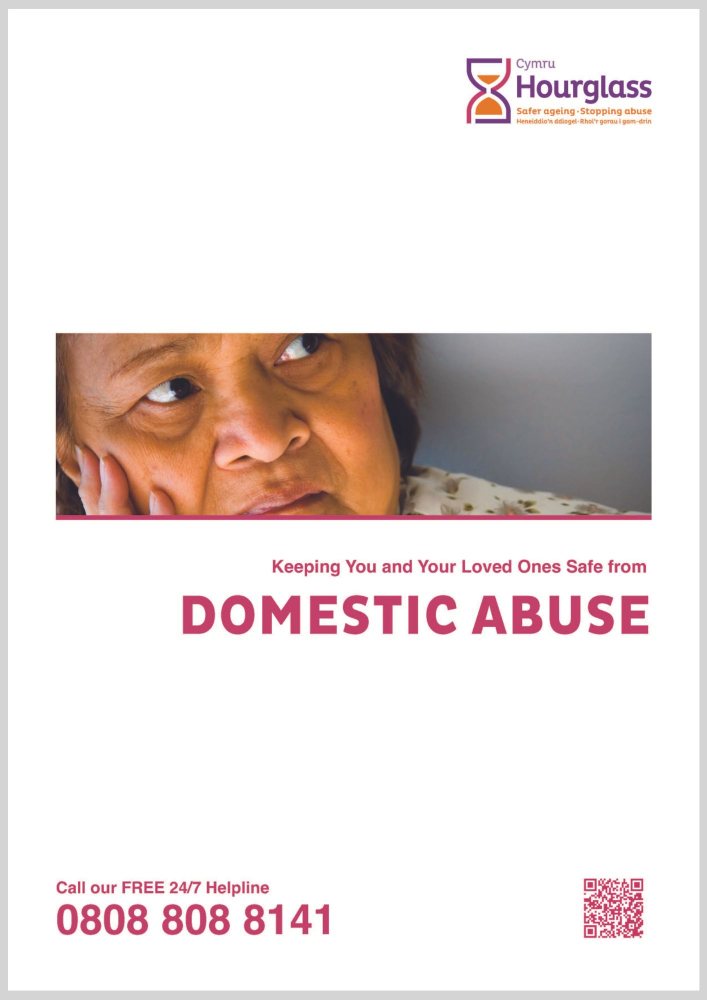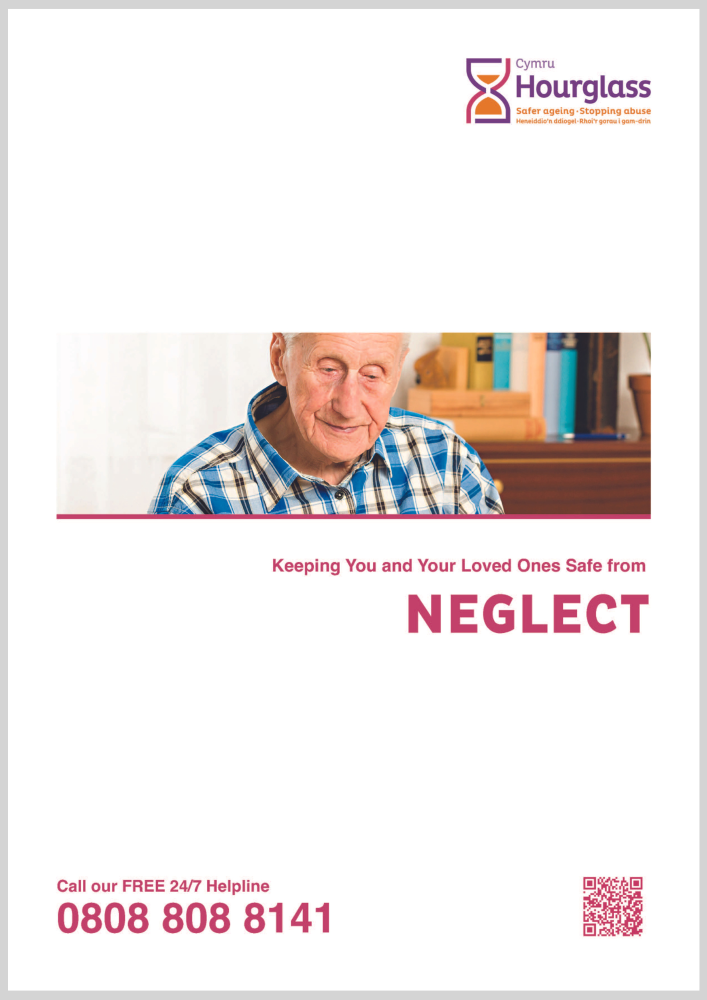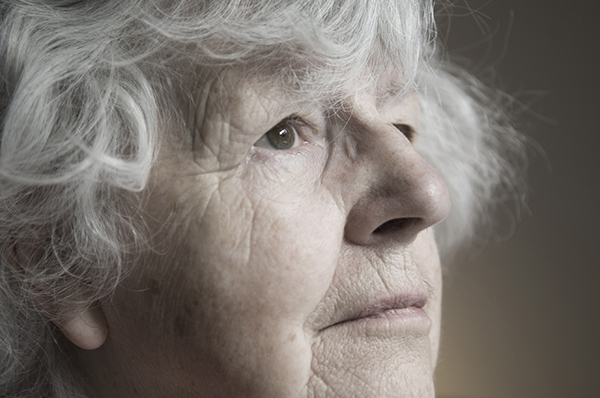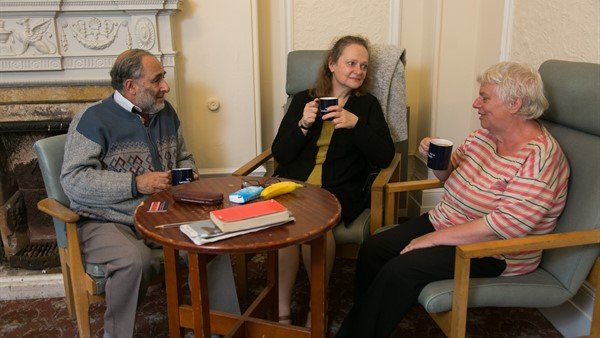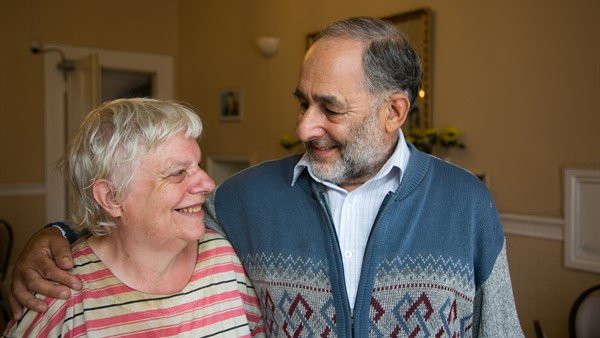It is common for an older person to be experiencing more than one type of abuse at the same time.
Physical Abuse
Physical abuse is the injury or mistreatment of an older person. It may be deliberate or accidental. Injuries may be concealed, as the abuser does not want others to know about the abuse.
Signs of physical abuse:
-
Cuts, burns, bruises and scratches
-
Injuries that do not match the explanation given for them
-
Injuries and wounds in concealed places
-
Injuries in protected areas e.g. underarms
-
Untreated injuries
-
Under or over use of medication
View or Download this Brochure
Domestic abuse
Domestic abuse or violence is behaviour from a family member, partner or ex-partner that is controlling, coercive, threatening, violent or abusive.
Signs of Domestic abuse:
-
Physical signs of bruising, injury to body.
-
Excuses for injuries and self-blame, avoiding medical professionals.
-
Excusing the behaviour of Family member/Partner, covering for them.
-
Change in personality- becoming withdrawn, anxious.
-
Changes in appetite, sleep habits, toileting.
-
Changes in financial situation, suddenly selling property or changing names on deeds or accounts.
-
Reliance on Family member/Partner for money, no longer accesses own money or benefits.
-
Pain, itching or injury in the genital or abdominal area.
-
Constantly checking in with Family member/Partner, over pleasing.
-
No longer socialises, more isolated, defensive.
-
Family member/Partner won’t let the person be on their own with you.
View or Download this Brochure
Psychological Abuse
Psychological abuse is sometimes called emotional abuse and can take the form of threatening, bullying, isolating, shouting, blackmailing or blaming.
Deliberately ignoring an older person and depriving them of basic needs and pleasures is also psychological abuse. Psychological abuse can be difficult to recognise, as there are no physical scars for anyone to see.
Signs of psychological abuse
-
The victim may feel or appear depressed, withdrawn, frightened, agitated, anxious or aggressive.
-
The older person feels or seems isolated.
-
There is an unexpected or unexplained change in mood or behaviour.
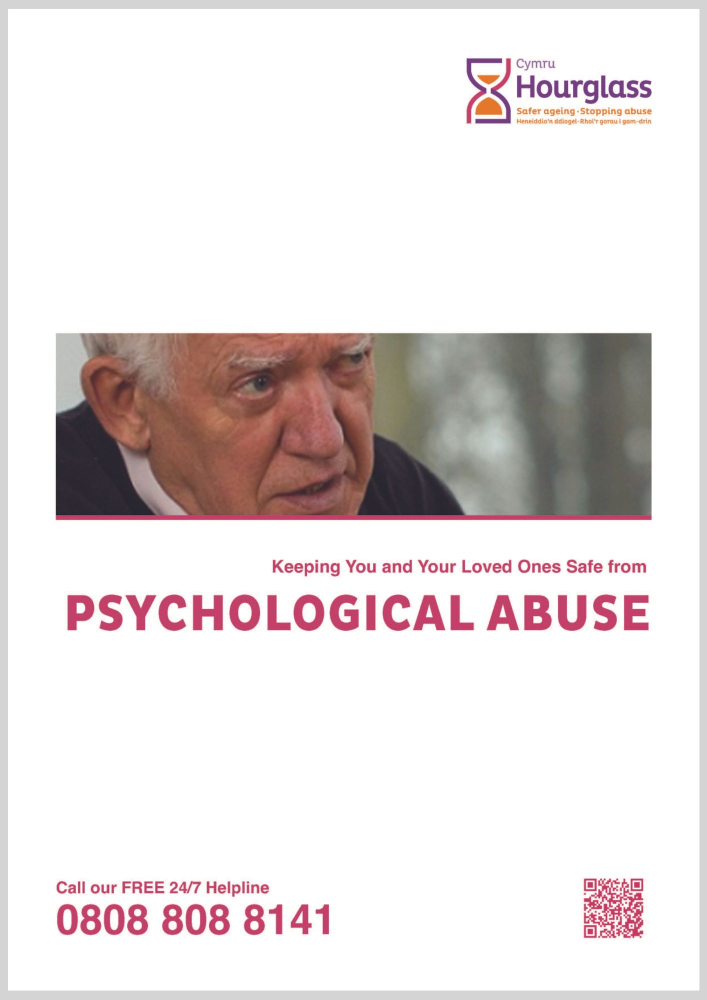
View or Download this Brochure
Financial Abuse
Financial abuse is the most commonly reported form of abuse against older people. It can also often be identified as theft, fraud, forgery and embezzlement.
Financial abuse does not have to be large sums of money. A small amount of money taken regularly from the older person can add up to a large amount in the end.
Abusers often justify the abuse by thinking that they deserve the money because they have earned it, that it is their rightful inheritance or by thinking that the older person does not need it.
Signs of Financial Abuse
-
Lack of money for basic necessities such as food, heating or clothes, despite an adequate income.
-
Unexplained withdrawals from a person’s bank accounts
-
A person’s inability to explain what is happening to their income.
-
Disappearance of possessions, bank statements or other documents.
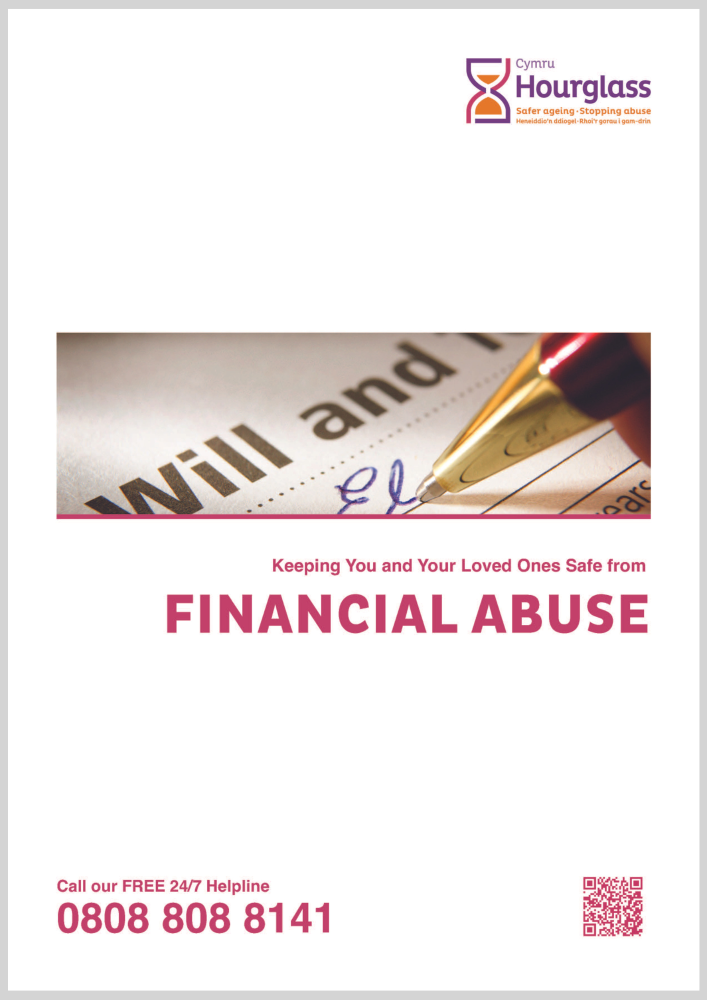
View or Download this Brochure
Sexual Abuse
Sexual abuse is forcing an older person to take part in any sexual activity without their consent.
Signs of Sexual Abuse
-
Pain, itching or injury in the anal, genital or abdominal area
-
Torn, stained or bloody underclothing
-
Bite marks and bruises on breasts, neck or face
-
Venereal disease or recurrent bouts of cystitis
-
Difficult in sitting and walking due to discomfort in genital area
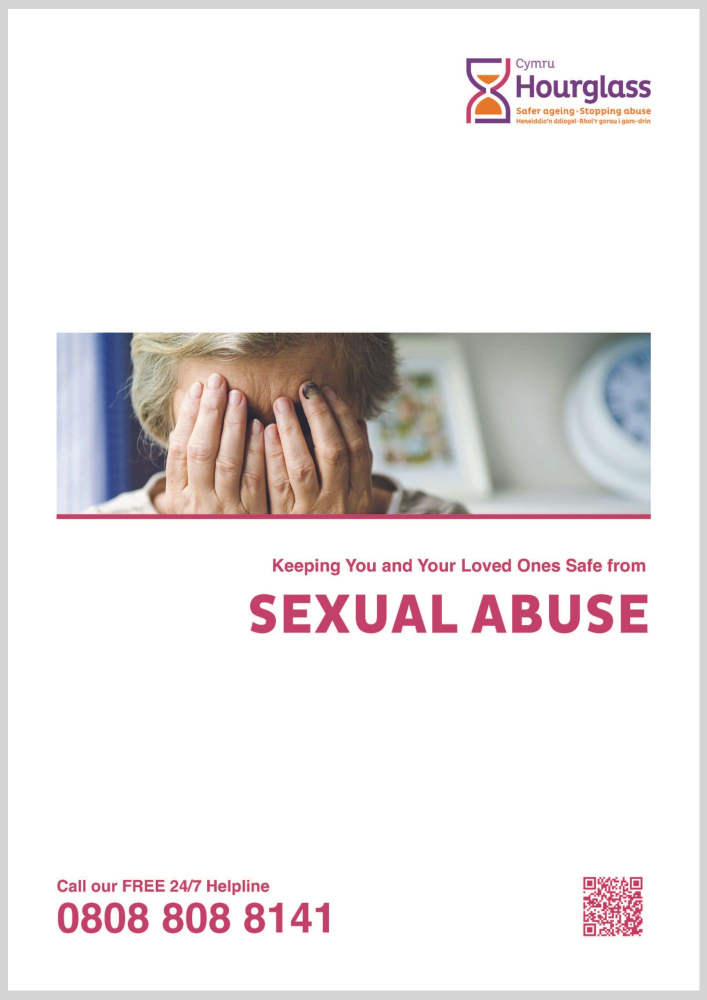
View or Download this Brochure
Neglect
Neglect is failing to provide basic necessities such as food, clothing, hygiene, and mental stimulation. Older people can be neglected at home or in care homes and hospitals.
Signs of neglect
-
Deterioration in appearance or personal hygiene
-
Unhygienic and unsafe environment
-
Rashes, sores and ulcers and unexplained weight loss
-
Inadequate food, drink or medical care
-
Lack of social stimulation
View or Download this Brochure
General Indicators of Abuse
-
Difficulty getting access to the older person
-
Difficulty in interviewing the older person alone
-
Repeated visits to a GP or an A&E department
-
Refusal of support services
-
A history of unexplained or repeated falls or injuries
 Shop Now
Shop Now

